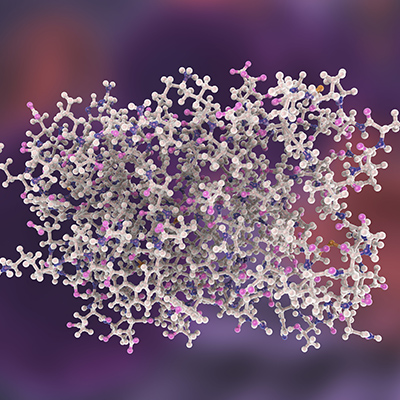September 20, 2022 -- While it’s long been known that astronauts suffer from immune system suppression in space, leaving them vulnerable to illness, the exact mechanisms were unknown. However, a Cornell University undergraduate has found that zero gravity disturbance of the macrophage cell cytoskeleton reduces the transport of a protein important in immunity.
Cornell University College of Engineering student Rocky An, Class of 2023, published his theory on September 12 in the journal Frontiers in Cell and Developmental Biology.
The lack of gravity in space changes the shape of macrophages -- key cells in the body's immune response. Recent studies show that disturbing the macrophage's cytoskeleton infrastructure reduces the transport of a particular protein -- a transcription factor important for immune response -- to the cell's nucleus.
By comparing the studies of cells in microgravity and normal gravity under various timescales, An was able to point to this protein, myocardin-related transcription factor (MRTF), as a probable culprit in immune system dysfunction. The paper hypothesizes that MRTF could also be implicated in astronauts' cardiovascular health stress.
"I think it's a pretty convincing argument that MRTF is a big part of the problem," An said. "I hope it will inspire future studies that really focus on that one protein and the cytoskeleton, and maybe it could be the first step towards a spaceflight immune treatment."
Copyright © 2022 scienceboard.net










